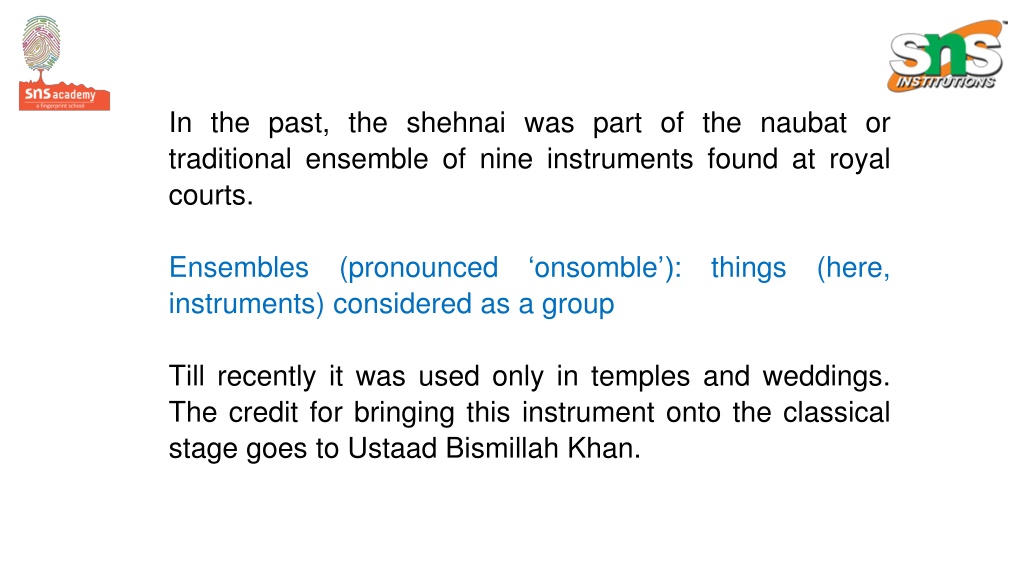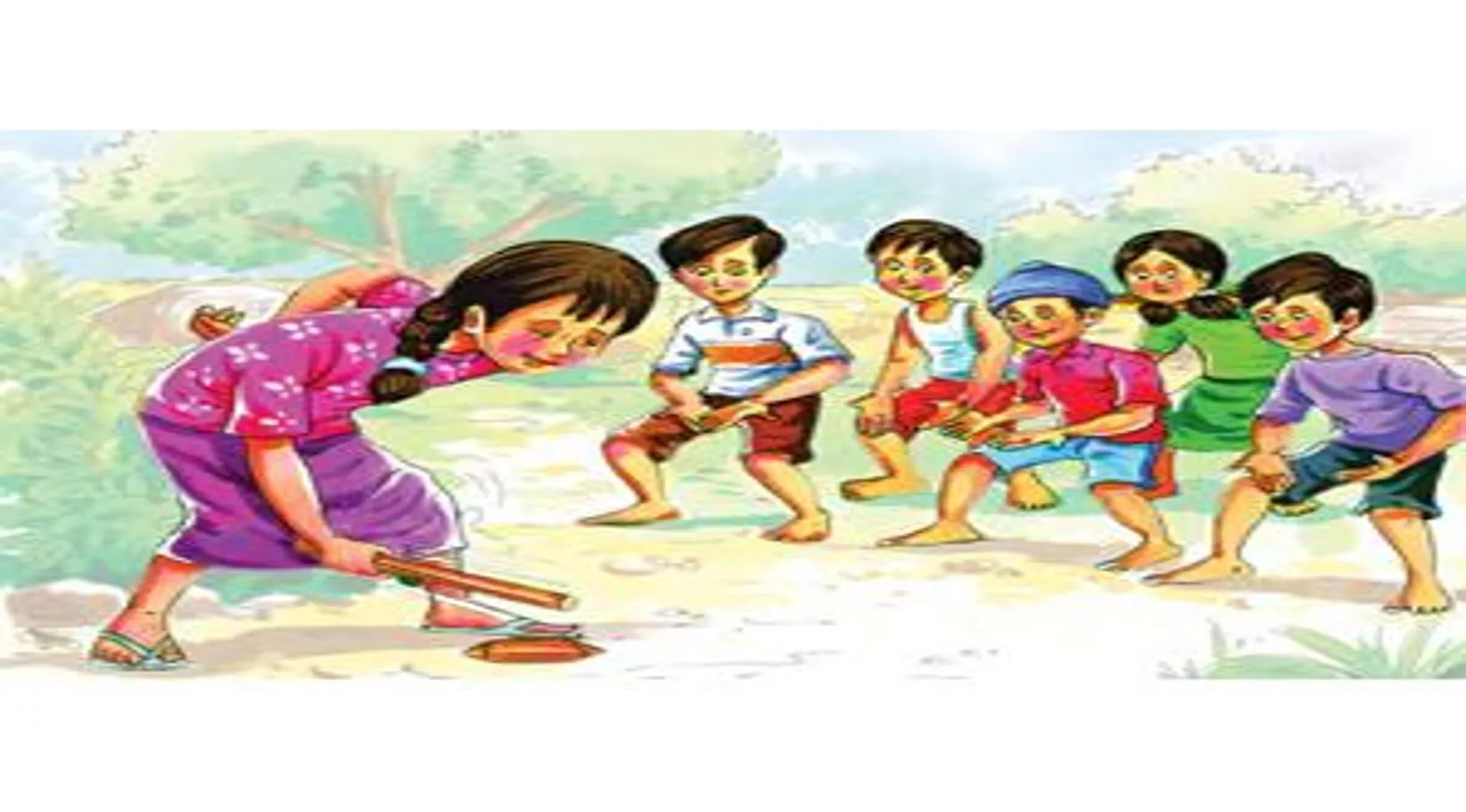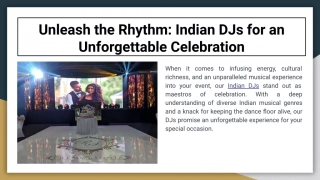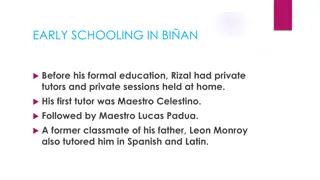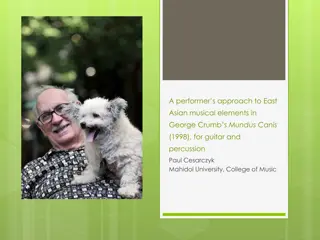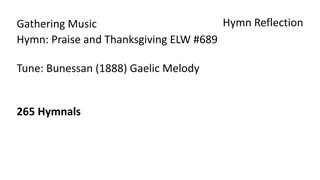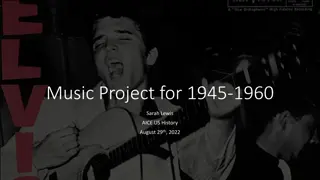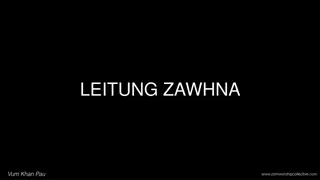The Musical Journey of Shehnai Maestro Ustaad Bismillah Khan
The shehnai, once a part of the traditional ensemble of royal courts, found a revival through Ustaad Bismillah Khan, earning him the prestigious Bharat Ratna. Born in 1916 in Bihar, Khan's musical journey started early, inspired by his family's musical legacy. His dedication and talent led him to become a renowned shehnai player, with a deep connection to his instrument and a love for music that began in childhood.
Download Presentation

Please find below an Image/Link to download the presentation.
The content on the website is provided AS IS for your information and personal use only. It may not be sold, licensed, or shared on other websites without obtaining consent from the author. Download presentation by click this link. If you encounter any issues during the download, it is possible that the publisher has removed the file from their server.
E N D
Presentation Transcript
In the past, the shehnai was part of the naubat or traditional ensemble of nine instruments found at royal courts. Ensembles instruments) considered as a group (pronounced onsomble ): things (here, Till recently it was used only in temples and weddings. The credit for bringing this instrument onto the classical stage goes to Ustaad Bismillah Khan.
STARTING JOURNESTARTING JOURNEY: 1976 (FROM PLYMOUTH) ACCOMPANIED BY WIFE MARY,SON JONATHAN,DAUGHTER SUZZANE Y: 1976 (FROM PLYSTARTING JOURNEY: 1976 (FROM PLYMOUTH) ACCOMPASTARTING JOURNEY: STARTING JOURNEY: 1976 (FROM PLYMOUTH) 1976 (FROM PLYMOUTH) ACCOMPANIE ACCOMPANIESTARTING JOURNEY: 1976 (FROM PLYMOUTH) ACCOMPANIED BY WIFE MARY,SON JONATHAN,DAUGHTER SUZZANE D BY WIFE MARY,SON JONATHAN,DAUGHTER SUZZANE D BY WIFE MARY,SON JONATHAN,DAUGHTER SUZZANE NIED BY WIFE MARY,SON JONATHAN,DAUGHTER SUZZANE MOUTH) ACCOMPANIED BY WIFE MARY,SON JONATHAN,DAUGHTER SUZZANE
As a five-year old, Bismillah Khan played gilli danda near a pond in the ancient estate of Dumraon in Bihar. . He would regularly go to the nearby Bihariji temple to sing the Bhojpuri Chaita , at the end of which he would earn a big laddu weighing 1.25 kg, a prize given by the local Maharaja. Laddu or laddoo are sphere-shaped sweets originated in the Indian subcontinent. This happened 80 years ago, and the little boy has travelled far to earn the highest civilian award in India the Bharat Ratna. Born on 21 March 1916, Bismillah belongs to a well-known family of musicians from Bihar. STARTING JOURNEY: STARTING JOURNEY: 1976 (FROM 1976 (FROM PLYMOUTH) PLYMOUTH) ACCOMPANIED BY ACCOMPANIED BY WIFE MARY,SON WIFE MARY,SON JONATHAN,DAUGH JONATHAN,DAUGH TER SUZZANE TER SUZZANE STARTING JOURNEY: 1976 (FROM PLYMOUTH) ACCOMPANIED BY WIFE MARY,SON JONATHAN,DAUGHTER SUZZANE 3
His grandfather, Rasool Bux Khan, was the shehnai- nawaz of the Bhojpur king s court. His father, Paigambar Bux, and other paternal ancestors were also great shehnai players. paternal ancestors: ancestors of the father CREWMEN LARRY VIGIL AND SWISS HERB SEIGLER The young boy took to music early in life. At the age of three when his mother took him to his maternal uncle s house in Benaras (now Varanasi), Bismillah was fascinated watching his uncles practice the shehnai. 4
Soon Bismillah started accompanying his uncle, Ali Bux, to the Vishnu temple of Benaras where Bux was employed to play the shehnai. Ali Bux would play the shehnai and Bismillah would sit captivated for hours on end. Captivated: attracted on end: for a very long time without stopping, continuously Slowly, he started getting lessons in playing the instrument and would sit practicing throughout the day. For years to come the temple of Balaji and Mangala Maiya and the banks of the Ganga became the young apprentice s favourite haunts where he could practice in solitude. apprentice: trainee haunt: place you like come, where you like to visit many times a day solitude: being alone, single 5
The flowing waters of the Ganga inspired him to improvise and invent ragas that were earlier considered to be beyond the range of the shehnai. At the age of 14, Bismillah accompanied his uncle to the Allahabad Music Conference. At the end of his recital, Ustaad Faiyaz Khan patted the young boy s back and said, Work hard and you shall make it. recital: performance With the opening of the All India Radio in Lucknow in 1938 came Bismillah s big break. He soon became an often-heard shehnai player on radio. 7
When India gained independence on 15 August 1947, Bismillah Khan became the first Indian to greet the nation with his shehnai. 8
He poured his heart out into Raag Kafi from the Red Fort to an audience which included Pandit Jawaharlal Nehru, who later gave his famous Tryst with Destiny speech. Bismillah Khan has given many memorable performances both in India and abroad. His first trip abroad was to Afghanistan where King Zahir Shah was so taken in by the maestro that he gifted him priceless Persian carpets and other souvenirs. taken in by: attracted or charmed by souvenirs: things given in memory of a place, person or event The King of Afghanistan was not the only one to be fascinated with Bismillah s music. Film director Vijay Bhatt was so impressed after hearing Bismillah play at a festival that he named a film after the instrument called Gunj Uthi Shehnai. The film was a hit, and one of Bismillah Khan s compositions, Dil ka khilona hai toot gaya ..., turned out to be a nationwide chartbuster! chartbuster: record breaker 9
Despite this huge success in the celluloid world, Bismillah Khans ventures in film music were limited to two: Vijay Bhatt s Gunj Uthi Shehnai and Vikram Srinivas s Kannada venture, Sanadhi Apanna. celluloid: old fashioned way of referring to films venture: project that often involves risk, something which has a lot of risk I just can t come to terms with the artificiality and glamour of the film world, he says with emphasis Emphasis: to lay stress on something Awards and recognition came thick and fast. thick and fast: he got a lot of awards and was recognized at many places Bismillah Khan became the first Indian to be invited to perform at the prestigious Lincoln Centre Hall in the United States of America. He also took part in the World Exposition in Montreal, in the Cannes Art Festival and in the Osaka Trade Fair. 11
So well known did he become internationally that an auditorium in Teheran was named after him Tahar Mosiquee Ustaad Bismillah Khan. .National awards like the Padmashri, the Padma Bhushan and the Padma Vibhushan were conferred on him. conferred: given, usually an award or a degree In 2001, Ustaad Bismillah Khan was awarded India s highest civilian award, the Bharat Ratna. With the coveted award resting on his chest and his eyes glinting with rare happiness he said, All I would like to say is: Teach your children music, this is Hindustan s richest tradition; even the West is now coming to learn our music. coveted: much desired
In spite of having travelled all over the world Khansaab as he is fondly called is exceedingly fond of Banaras and Dumraon and they remain for him the most wonderful towns of the world. A student of his once wanted him to head a shehnai school in the U.S.A., and the student promised to recreate the atmosphere of Banaras by replicating the temples there. But Khansaab asked him if he would be able to transport River Ganga as well. replicating: making a copy of something Later he is remembered to have said, That is why whenever I am in a foreign country, I keep yearning to see Hindustan. While in Mumbai, I think of only Banaras and the holy Ganga. And while in Banaras, I miss the unique mattha of Dumraon. yearning longing, having a desire for something
Later he is remembered to have said, That is why whenever I am in a foreign country, I keep yearning to see Hindustan. While in Mumbai, I think of only Banaras and the holy Ganga. And while in Banaras, I miss the unique mattha of Dumraon. yearning longing, having a desire for something Ustaad Bismillah Khan s life is a perfect example of the rich, cultural heritage of India, one that effortlessly accepts that a devout Muslim like him can very naturally play the shehnai every morning at the Kashi Vishwanath temple. devout: believing strongly in a religion and obeying its laws and following its practices
Ustaad away on 21 August 2006 at the age of ninety after a prolonged illness. He was given a state funeral and the Government of India declared one day of national mourning. Bismillah Khan passed
